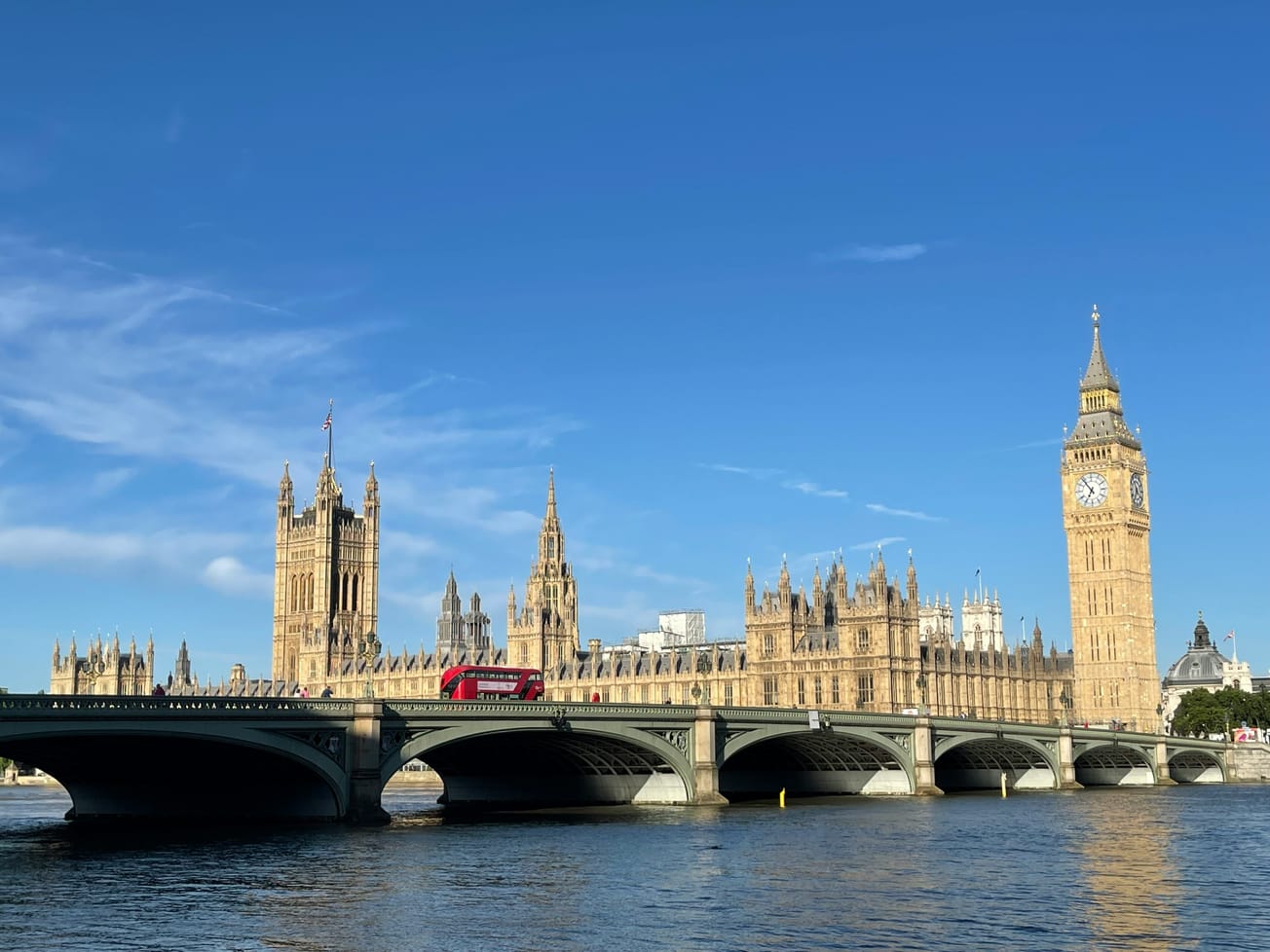By Milan Perera, Arts Columnist
Who needs Netflix’s House of Cards when we have the real House of Cards at the heart of Westminster? It is generous to draw parallels with the hit US Television show, as British politics has been on a freefall for the last three months and the apt theatre analogy would be The Play That Goes Wrong!
Despite the roaring defiance of “I’m a fighter, not a quitter” in the House of Commons only 24 hours earlier, Liz Truss was forced to come out of the safe cocoon of 10 Downing Street and face a panoply of microphones, cameras and glaring eyes of the press and announce her resignation before swiftly retiring to her residence. Even among the acolytes of the Right-leaning media such as the GB News, who never ceased in their adulation of Liz Truss during those fractious few weeks of the Conservative leadership contest, there is a stunned silence.
The Economist assessing the events surrounding the demise of the HM Queen Elizabeth II calculated that, once the official mourning period for the monarch was taken into account, Truss “had seven days in control. That is roughly the shelf-life of a lettuce.” The live feed of a lettuce that was set up by The Daily Star became the focal point among the netizens whose humorous outputs knew no bounds. The lettuce looked sad and shrivelled and so did Liz Truss after her resignation speech.
Day seven: Which wet lettuce will last longer? https://t.co/iV0JSiaPey
— Daily Star (@dailystar) October 20, 2022
The short and tumultuous tenure of Truss left both her party and the country in a perilous state which would reduce the party to electoral oblivion while the country is on a shorter trajectory to economic downturn. Why should we as students concern ourselves with the legacy of a failed political leader, one may ask? The fact remains that the students do not operate in a vacuum as some scientific experiments do but in the current political zeitgeist. The cost of living, the rate of inflation, the interest rates, rising mortgage costs and the unprecedented rise of energy bills have a direct impact on the student community. Then there is the moral imperative for students as responsible citizens not to turn a blind eye to the plight of hundreds and thousands who are not as fortunate as them.
The fiscal policy of Truss may have been the reboot of a Thatcher-Reagan-style libertarian, deregulated economy but it proved to be disastrous. On paper, the “mini” budget was the wet dream of corporate Britain which has been bankrolling the Conservative Party for years. The sense of entitlement among the corporate leaders for their continued beneficence towards the Conservative Party is understandable.

On a human level, it was a pitiful sight that she was willing to offer her friend and ally, Kwasi Kwarteng as the sacrificial lamb to save her own skin though the very policies in question were both drafted and implemented as a united front by the Prime Minister and the Chancellor.
It would not take Milton Friedman to comment that these fiscal policies were bound to go lopsided even before they were implemented. As her opponent in the leadership debate, Rishi Sunak pointed out that these unfunded policies are nothing but a “fantasy.”
Tax cuts for millionaires as Middle England staggered with higher energy bills, soaring inflation, severely cut public spending and rising mortgages could never be justified in the guise of “growth”. The Conservatives who take great pride in themselves as the fiscally responsible party were left red-faced as these policies reduced the democracy to a “chumocracy”. The government bonds fell sharply, leaving the pension funds struggling to stay solvent, sending shivers down the spine of many looking forward to the dividends of retirement. The Pound had suffered a 37-year low ebb against the US Dollar this month which propelled inflation to an unprecedented level.

Truss repeatedly derided those who raised valid questions regarding her economic model which promised prosperity and growth under the spurious banner of a “Trickle-down Economy”. She branded them the “anti-growth coalition”. Instead of building a unity government which consists of diverse voices, she opted for a homogenised ensemble of friends and allies who were oblivious to the ramification of her policies.
As one of the first acts as the Prime Minster, Truss launched a Kristallnacht-type purge of some of the most senior civil servants such as Tom Scholar and Stephen Lovegrove while promoting those who shared her dogma. The sin of Scholar was he supposedly embodied what is called a Treasury Orthodoxy which Truss detested.
As Liz Truss made history as the shortest-serving Prime Minster in British history, her legacy will garner no sympathy nor admiration as her libertarian economics backfired spectacularly bringing more uncertainty to an already politically unsettled nation.
Featured Image: Number 10/Flickr










